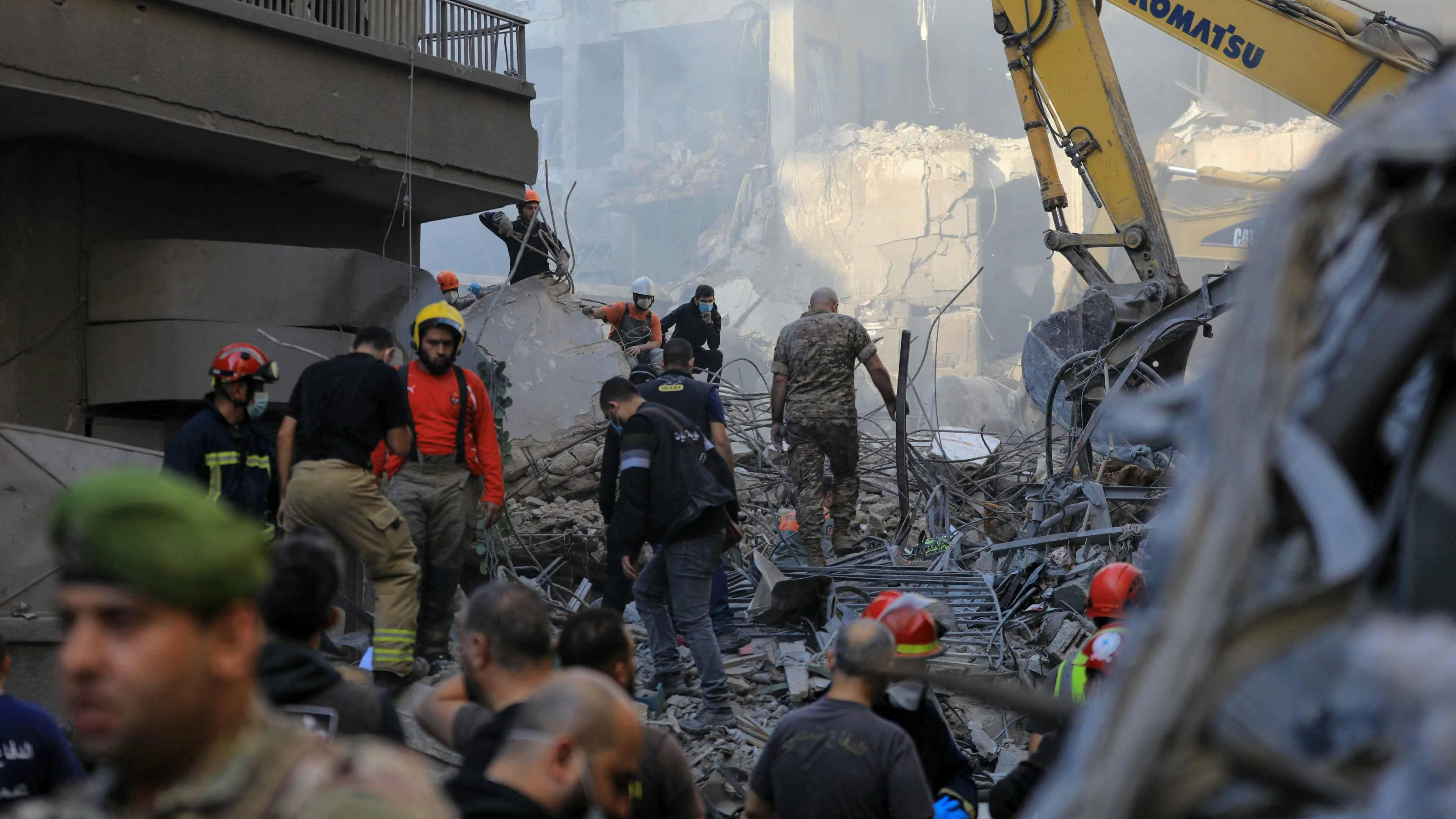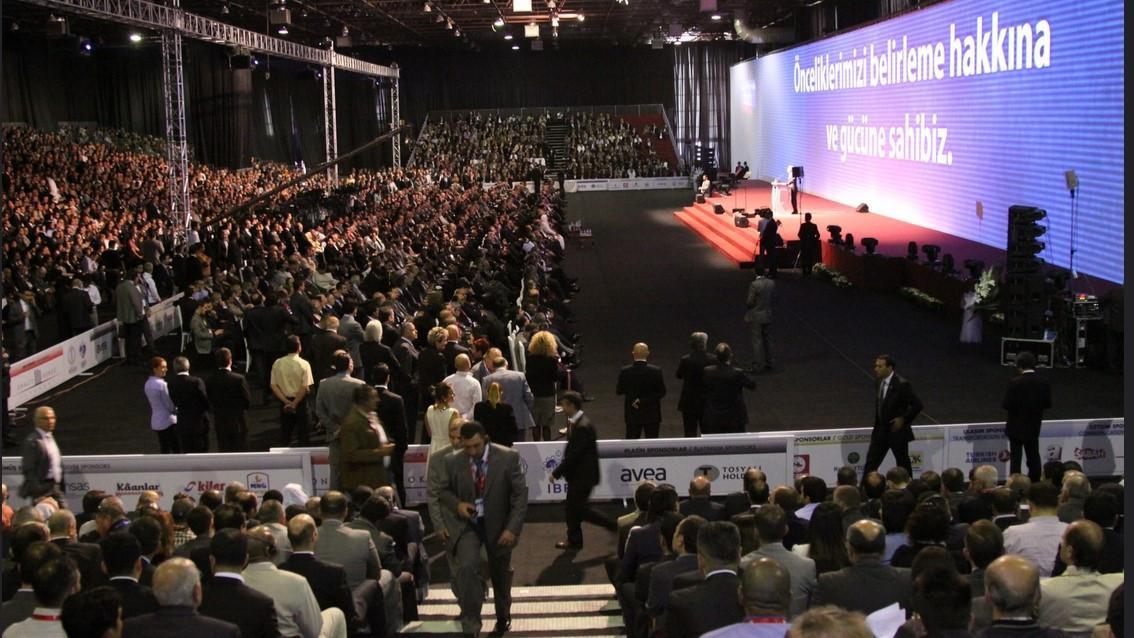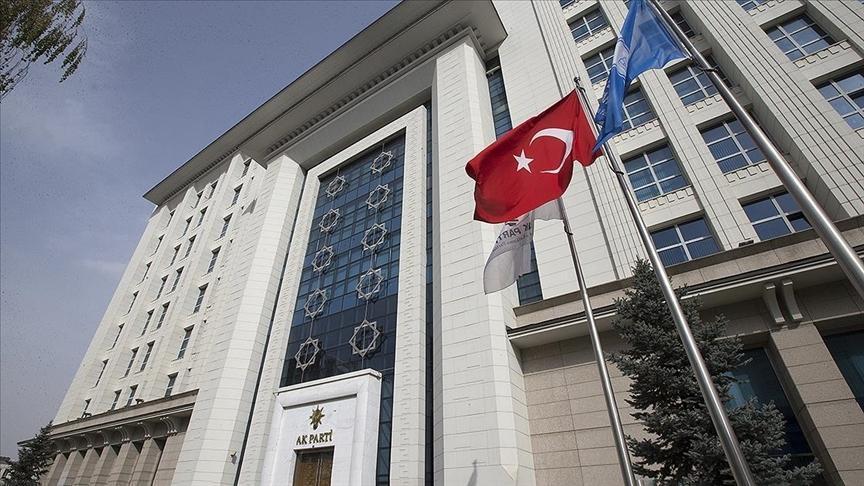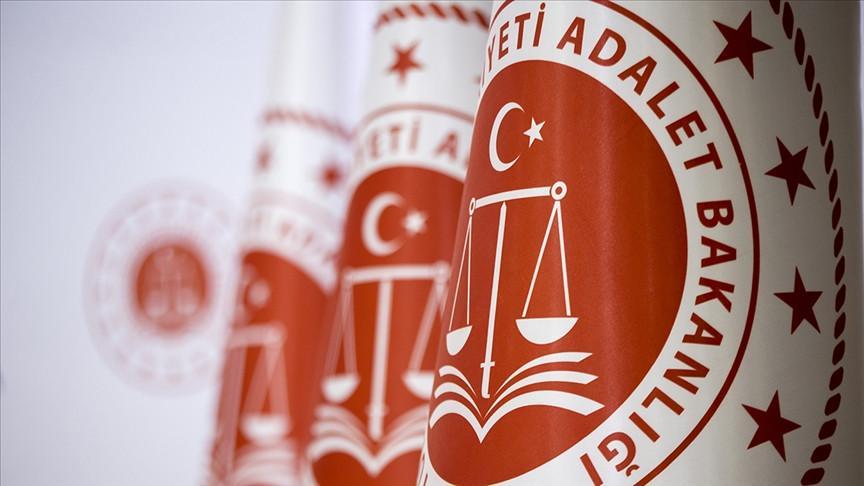PKK raids may trigger Turkish-Kurdish social strife
The number of military and police officers killed by the outlawed Kurdistan Workers Party (PKK) between Sept. 6 and 8 surpassed 30.
That makes the total number of victims of PKK attacks over the past 50 days exceed 100, after the organization resumed its armed campaign following a three-year break during a period of political solution-oriented dialogue initiated in 2012 by then prime minister, now president Tayyip Erdoğan. It is not even possible to get a confirmed number of casualties on the PKK side in the massive retaliatory strikes conducted by the Turkish military.
As the PKK acts of terror claim more lives, amid continued threats from its headquarters in the Kandil Mountains of northern Iraq, the tension and anger across Turkey escalates further.
Spontaneous protest demonstrations and rallies have been held in towns and cities almost every evening, as news breaks of more PKK killings. Those rallies do not always remain peaceful. Especially in the western parts of Turkey, when protesters head to the local offices of the Kurdish problem-focused Peoples’ Democratic Party (HDP), they usually end up damaging the buildings. HDP Co-Chair Figen Yüksekdağ said on Sept. 8 that on the previous day alone there were 128 attacks on their party offices. Nationalist Turks, but not only them, often accuse the HDP of legitimizing the PKK with their presence in parliament, at a time when the PKK attacks and kills more officers.
Nationalist Movement Party (MHP) Deputy Chair Oktay Vural said on Sept. 8 that the Ülkü Ocakları (Idealist Hearths), a youth organization that was known in the past as the “Gray Wolves” and is affiliated with the MHP, could start organizing rallies “to show the reaction of the Turkish nation against PKK terrorism.”
But the reactions are not limited to rallies and protests. In Beypazarı, near the capital Ankara, the police saved seven Kurdish seasonal agriculture workers from the hands of a mob that was attacking just because they were speaking in Kurdish, news wires reported.
As nationalist groups (and not only MHP) organize more rallies, Kemal Kılıçdaroğlu, the head of the social democratic Republican People’s Party (CHP), has instructed his party members to stay away from any gathering tainted by “hate speech,” as well as from any moves that may escalate polarization in Turkey.
The polarization potential is serious and perhaps is why officials kindly asked TV stations on Sept. 8 not to broadcast live the funeral ceremony of 10 of the 16 soldiers killed by the PKK two days before. Prime Minister Ahmet Davutoğlu was in attendance at the ceremony, but TV stations abided by the request in order not to contribute to the already existing tension.
Abdullah Gül, the former president, said in a message on Sept. 7 that the struggle should be carried out against terrorism but “should not damage brotherhood,” implying that it must not turn into Turkish-Kurdish social strife - or worse, serious violence. One of Gül’s close former bodyguards was among those killed in Iğdır, near the Armenian border, in a PKK bomb attack on Sept. 8.
President Erdoğan also posted Twitter messages on Sept. 8 warning citizens “against provocations.”
The PKK’s armed campaign started in 1984 with the original aim of carving an independent Kurdish state out of Turkey, Iran, Iraq and Syria. It has claimed 40,000 lives so far, but it could not come close to starting a fight between ordinary Turks and Kurds, who have lived together for nearly 1,000 years. But the recent rise in attacks, after a hopeful three-year pause, especially as Turkey heads for a tense re-election, has the potential to trigger such a dangerous development. The government must therefore move with the utmost care.











